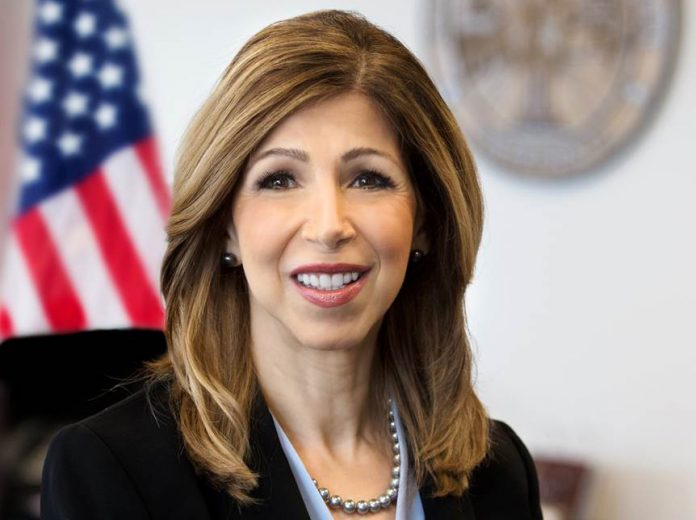As your District Attorney, I’m committed to increasing communication and accessibility between the DA’s Office and you, the community. One way I have been doing that is through this monthly column, where I provide consumer tips on public safety matters.
One of the most important things you can do to prevent yourself or a loved one from becoming a victim of a financial scam is to never provide your personal or financial information to anyone you don’t know or trust. This is especially true when it comes to getting cold calls on your phone. There are so many fraudsters who make a living off of scamming people, so the best offense is to prevent the crime by not falling for their tricks in the first place.
Be aware that newer technology is now allowing scammers to make their call number or email appear like an official government agency such as the IRS or the Social Security Administration in order to gain your trust.
The latest scam we’ve been warning people about is phony calls from the Social Security Administration. In fact, you could substitute the Social Security Administration for any other organization such as the IRS, your bank, even someone claiming to be your relative or calling on behalf of your loved one.
In the Social Security scam, callers are pretending to be from the agency in an attempt to obtain social security numbers for financial crimes. Senior citizens are particularly vulnerable to this scam and have been a main target.
There are multiple versions of the rip-off. For example, in some cases the caller may say your social security number has been linked to a crime and has been blocked, but that for a fee it could be reinstated. The caller will then ask you to verify your social security number.
Another variation involves the caller saying that your social security number has been used to apply for multiple credit cards, which could cause you to lose your social security benefits. Or the caller may say that your bank account is on the verge of being seized and that you must withdraw all of your cash, which the caller will conveniently tell you he or she can keep safe.
When answering calls from unknown callers, keep in mind:
Do not provide your social security number or banking information to any caller, even if the caller ID shows Social Security’s 1-800 number.
If you get one of these calls, hang up and call Social Security to verify. 1-800-772-1213.
Scammers use technology to make any number they want appear on a caller ID.
Many calls cannot be traced because they originate overseas.
If you get a call saying someone you know is in jail and needs bail money, verify this is actually the case.
If the caller tells you not to tell anyone about your conversation, hang up. It is a scam.
The DA’s Consumer Protection Unit is composed of Deputy District Attorneys, Investigators and Paralegals dedicated to protecting consumers and law abiding businesses from fraudulent or unfair business practices. To report a consumer complaint, you can call (619) 531-3507 or email consumer@sdcda.org.
District Attorney Summer Stephan has dedicated nearly 30 years to serving justice and victims of crime as prosecutor. She is a national leader in fighting sex crimes and human trafficking and in creating smart and fair criminal justice solutions and restorative justice practices that treat the underlying causes of addiction and mental illness and that keep young people from being incarcerated.














